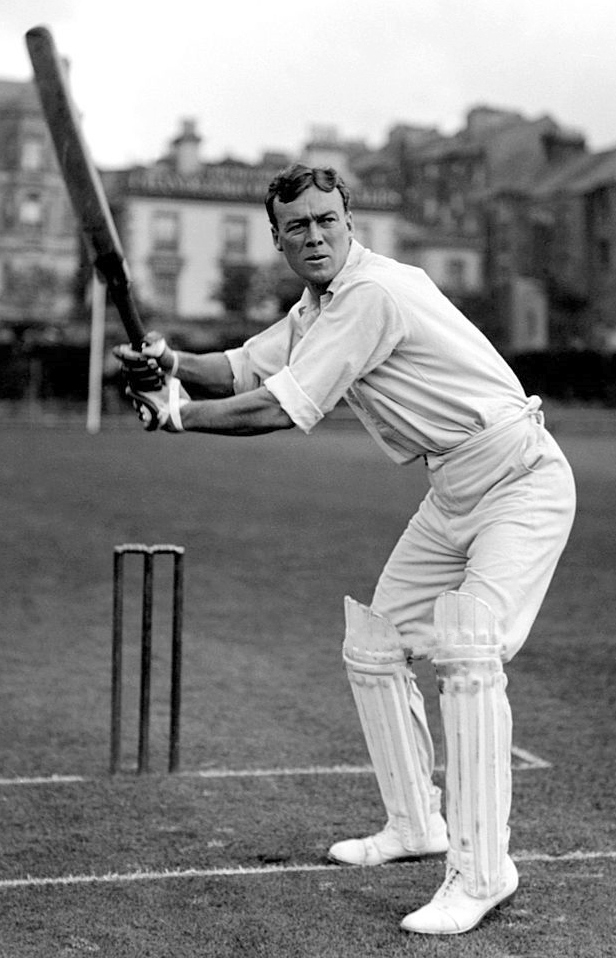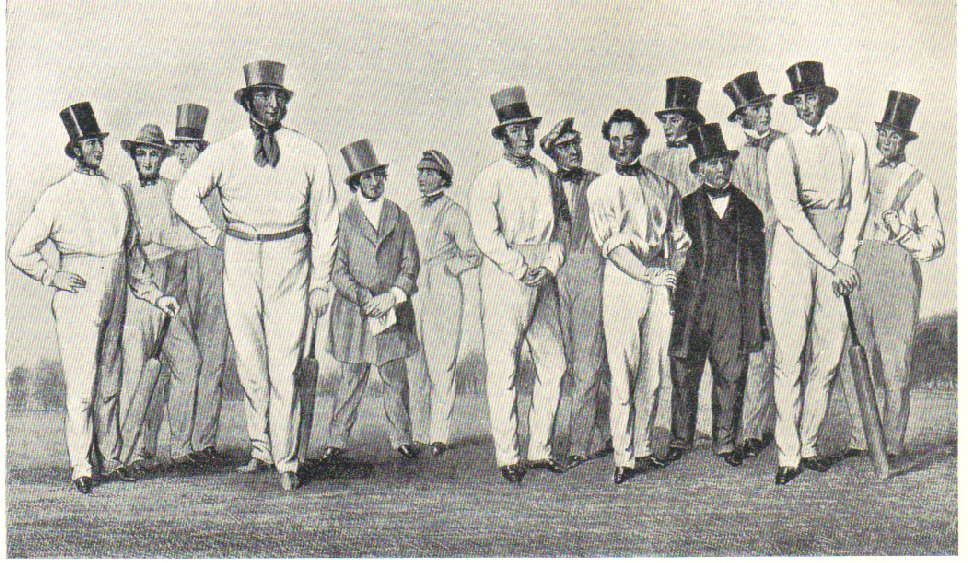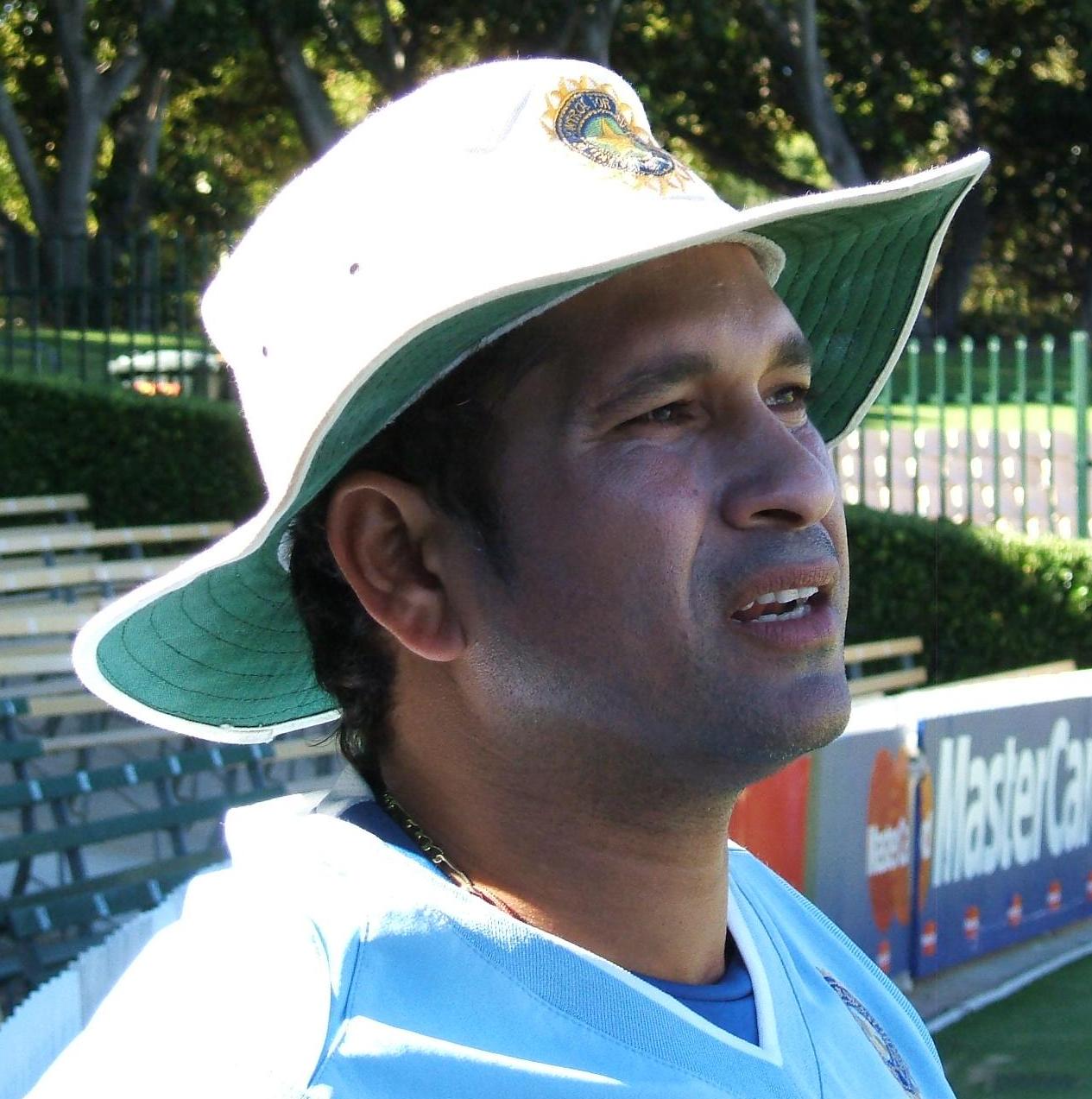|
Frederick William Smith
Frederick William Smith (31 March 1861 – 17 April 1914) was a South African cricketer who played in three Test cricket, Test matches from 1889 to 1896. Fred Smith was the second child and eldest son of the six children of John and Primrose Smith, who were farmers. In 1871 the family moved to Bloemfontein, where John worked as a clerk. Fred married Maria Campbell in May 1888. Smith captained both Kimberley and Transvaal and was instrumental in the formation of the Transvaal Cricket Union. He also won many trophies as a sprinter. He was a quick-scoring batsman and a wicket-keeper, as well as an occasional bowler. He was a successful batsman for Kimberley in minor cricket in the late 1880s, and was selected to play in South Africa cricket team, South Africa's first Test, against England cricket team, England in 1888–89. References External links * 1861 births 1914 deaths South Africa Test cricketers South African cricketers Gauteng cricketers Wicket-keepers People from ... [...More Info...] [...Related Items...] OR: [Wikipedia] [Google] [Baidu] |
Uitenhage
Uitenhage ( ; ), officially renamed Kariega, is a South African town in the Eastern Cape Province. It is well known for the Volkswagen factory located there, which is the biggest car factory on the African continent. Along with the city of Port Elizabeth and the small town of Despatch, it forms the Nelson Mandela Metropolitan Municipality. History Uitenhage was founded on 25 April 1804 by ''landdrost'' (district magistrate) Jacob Glen Cuyler and named in honour of the Cape's Commissioner-General Jacob Abraham Uitenhage de Mist by the Dutch Cape Colony governor, Jan Willem Janssens. Uitenhage formed part of the district of Graaff Reinet (shortly after its short-lived secession). The Cape Colony received a degree of independence when "Responsible Government" was declared in 1872. In 1875, the Cape government of John Molteno took over the rudimentary Uitenhage railway site, incorporated it into the Cape Government Railways (CGR), and began construction of the lines connecting Uit ... [...More Info...] [...Related Items...] OR: [Wikipedia] [Google] [Baidu] |
South Africa Cricket Team
The South Africa national cricket team, also known as the Proteas, represents South Africa in men's international cricket and is administered by Cricket South Africa (CSA). South Africa is a full member of the International Cricket Council (ICC), with Test, One-Day International (ODI) and Twenty20 International (T20I) status. Its nickname derives from South Africa's national flower, ''Protea cynaroides'', commonly known as the "King Protea". South Africa entered first-class and international cricket at the same time when they hosted an England cricket team in the 1888–89 season. Initially, the team was no match for Australia or England but, having gained experience and expertise, they were able to field a competitive team by the first decade of the 20th century. The team regularly played against Australia, England and New Zealand through to the 1960s, by which time there was considerable opposition to the country's apartheid policy. The ICC imposed an international ban on t ... [...More Info...] [...Related Items...] OR: [Wikipedia] [Google] [Baidu] |
Wicket-keepers
The wicket-keeper in the sport of cricket is the player on the fielding side who stands behind the wicket or stumps being watchful of the batsman and ready to take a catch, stump the batsman out and run out a batsman when occasion arises. The wicket-keeper is the only member of the fielding side permitted to wear gloves and external leg guards. The role of the keeper is governed by Law 27 of the Laws of Cricket. Stance Initially, during the bowling of the ball the wicket-keeper crouches in a full squatting position but partly stands up as the ball is received. Australian wicket-keeper Sammy Carter (1878 to 1948) was the first to squat on his haunches rather than bend over from the waist (stooping). Purposes The keeper's major function is to stop deliveries that pass the batsman (in order to prevent runs being scored as 'byes'), but he can also attempt to dismiss the batsman in various ways: * The most common dismissal effected by the keeper is for him to '' catch'' a ... [...More Info...] [...Related Items...] OR: [Wikipedia] [Google] [Baidu] |
Gauteng Cricketers
Gauteng ( ) is one of the nine provinces of South Africa. The name in Sotho-Tswana languages means 'place of gold'. Situated on the Highveld, Gauteng is the smallest province by land area in South Africa. Although Gauteng accounts for only 1.5% of the country's land area, it is home to more than a quarter of its population (26%). Highly urbanised, the province contains the country's largest city, Johannesburg, which is also one of the largest cities in the world. Gauteng is the wealthiest province in South Africa and is considered as the financial hub of not only South Africa but the entire African continent, mostly concentrated in Johannesburg. It also contains the administrative capital, Pretoria, and other large areas such as Midrand, Vanderbijlpark, Ekurhuleni and the affluent Sandton. Gauteng is the most populous province in South Africa with a population of approximately 16.1 million people according to mid year 2022 estimates. Etymology The name ''Gauteng'' is derived ... [...More Info...] [...Related Items...] OR: [Wikipedia] [Google] [Baidu] |
South African Cricketers
South is one of the cardinal directions or compass points. The direction is the opposite of north and is perpendicular to both east and west. Etymology The word ''south'' comes from Old English ''sūþ'', from earlier Proto-Germanic ''*sunþaz'' ("south"), possibly related to the same Proto-Indo-European root that the word ''sun'' derived from. Some languages describe south in the same way, from the fact that it is the direction of the sun at noon (in the Northern Hemisphere), like Latin meridies 'noon, south' (from medius 'middle' + dies 'day', cf English meridional), while others describe south as the right-hand side of the rising sun, like Biblical Hebrew תֵּימָן teiman 'south' from יָמִין yamin 'right', Aramaic תַּימנַא taymna from יָמִין yamin 'right' and Syriac ܬܰܝܡܢܳܐ taymna from ܝܰܡܝܺܢܳܐ yamina (hence the name of Yemen, the land to the south/right of the Levant). Navigation By convention, the ''bottom or down-facing side'' of ... [...More Info...] [...Related Items...] OR: [Wikipedia] [Google] [Baidu] |
South Africa Test Cricketers
South is one of the cardinal directions or compass points. The direction is the opposite of north and is perpendicular to both east and west. Etymology The word ''south'' comes from Old English ''sūþ'', from earlier Proto-Germanic ''*sunþaz'' ("south"), possibly related to the same Proto-Indo-European root that the word ''sun'' derived from. Some languages describe south in the same way, from the fact that it is the direction of the sun at noon (in the Northern Hemisphere), like Latin meridies 'noon, south' (from medius 'middle' + dies 'day', cf English meridional), while others describe south as the right-hand side of the rising sun, like Biblical Hebrew תֵּימָן teiman 'south' from יָמִין yamin 'right', Aramaic תַּימנַא taymna from יָמִין yamin 'right' and Syriac ܬܰܝܡܢܳܐ taymna from ܝܰܡܝܺܢܳܐ yamina (hence the name of Yemen, the land to the south/right of the Levant). Navigation By convention, the ''bottom or down-facing side'' of ... [...More Info...] [...Related Items...] OR: [Wikipedia] [Google] [Baidu] |
1914 Deaths
This year saw the beginning of what became known as World War I, after Archduke Franz Ferdinand of Austria, heir to the Austrian throne was Assassination of Archduke Franz Ferdinand, assassinated by Serbian nationalist Gavrilo Princip. It also saw the first airline to provide scheduled regular commercial passenger services with heavier-than-air aircraft, with the St. Petersburg–Tampa Airboat Line. Events January * January 1 – The St. Petersburg–Tampa Airboat Line in the United States starts services between St. Petersburg, Florida, St. Petersburg and Tampa, Florida, becoming the first airline to provide scheduled regular commercial passenger services with heavier-than-air aircraft, with Tony Jannus (the first federally-licensed pilot) conveying passengers in a Benoist XIV flying boat. Abram C. Pheil, mayor of St. Petersburg, is the first airline passenger, and over 3,000 people witness the first departure. * January 11 – The Sakurajima volcano in Japan b ... [...More Info...] [...Related Items...] OR: [Wikipedia] [Google] [Baidu] |
1861 Births
Statistically, this year is considered the end of the whale oil industry and (in replacement) the beginning of the petroleum oil industry. Events January–March * January 1 ** Benito Juárez captures Mexico City. ** The first steam-powered carousel is recorded, in Bolton, England. * January 2 – Friedrich Wilhelm IV of Prussia dies, and is succeeded by Wilhelm I. * January 3 – American Civil War: Delaware votes not to secede from the Union. * January 9 – American Civil War: Mississippi becomes the second state to secede from the Union. * January 10 – American Civil War: Florida secedes from the Union. * January 11 – American Civil War: Alabama secedes from the Union. * January 12 – American Civil War: Major Robert Anderson sends dispatches to Washington. * January 19 – American Civil War: Georgia secedes from the Union. * January 21 – American Civil War: Jefferson Davis resigns from the United States Senate. * January 26 ... [...More Info...] [...Related Items...] OR: [Wikipedia] [Google] [Baidu] |
England Cricket Team
The England cricket team represents England and Wales in international cricket. Since 1997, it has been governed by the England and Wales Cricket Board (ECB), having been previously governed by Marylebone Cricket Club (the MCC) since 1903. England, as a founding nation, is a Full Member of the International Cricket Council (ICC) with Test, One Day International (ODI) and Twenty20 International (T20I) status. Until the 1990s, Scottish and Irish players also played for England as those countries were not yet ICC members in their own right. England and Australia were the first teams to play a Test match (15–19 March 1877), and along with South Africa, these nations formed the Imperial Cricket Conference (the predecessor to today's International Cricket Council) on 15 June 1909. England and Australia also played the first ODI on 5 January 1971. England's first T20I was played on 13 June 2005, once more against Australia. , England have played 1,058 Test matches, winning 387 and lo ... [...More Info...] [...Related Items...] OR: [Wikipedia] [Google] [Baidu] |
Wicket-keeper
The wicket-keeper in the sport of cricket is the player on the fielding side who stands behind the wicket or stumps being watchful of the batsman and ready to take a catch, stump the batsman out and run out a batsman when occasion arises. The wicket-keeper is the only member of the fielding side permitted to wear gloves and external leg guards. The role of the keeper is governed by Law 27 of the Laws of Cricket. Stance Initially, during the bowling of the ball the wicket-keeper crouches in a full squatting position but partly stands up as the ball is received. Australian wicket-keeper Sammy Carter (1878 to 1948) was the first to squat on his haunches rather than bend over from the waist (stooping). Purposes The keeper's major function is to stop deliveries that pass the batsman (in order to prevent runs being scored as 'byes'), but he can also attempt to dismiss the batsman in various ways: * The most common dismissal effected by the keeper is for him to '' catch'' a ... [...More Info...] [...Related Items...] OR: [Wikipedia] [Google] [Baidu] |
Cape Province
The Province of the Cape of Good Hope ( af, Provinsie Kaap die Goeie Hoop), commonly referred to as the Cape Province ( af, Kaapprovinsie) and colloquially as The Cape ( af, Die Kaap), was a province in the Union of South Africa and subsequently the Republic of South Africa. It encompassed the old Cape Colony, as well as Walvis Bay, and had Cape Town as its capital. In 1994, the Cape Province was divided into the new Eastern Cape, Northern Cape and Western Cape provinces, along with part of the North West. History When the Union of South Africa was formed in 1910, the original Cape Colony was renamed the Cape Province. It was by far the largest of South Africa's four provinces, as it contained regions it had previously annexed, such as British Bechuanaland (not to be confused with the Bechuanaland Protectorate, now Botswana), Griqualand East (the area around Kokstad) and Griqualand West (area around Kimberley). As a result, it encompassed two-thirds of South Africa's terr ... [...More Info...] [...Related Items...] OR: [Wikipedia] [Google] [Baidu] |
Batsman
In cricket, batting is the act or skill of hitting the ball with a bat to score runs and prevent the loss of one's wicket. Any player who is currently batting is, since September 2021, officially referred to as a batter (historically, the terms "batsman" and "batswoman" were used), regardless of whether batting is their particular area of expertise. Batters have to adapt to various conditions when playing on different cricket pitches, especially in different countries - therefore, as well as having outstanding physical batting skills, top-level batters will have quick reflexes, excellent decision-making and be good strategists. During an innings two members of the batting side are on the pitch at any time: the one facing the current delivery from the bowler is called the striker, while the other is the non-striker. When a batter is out, he is replaced by a team-mate. This continues until the end of the innings, which in most cases is when 10 of the team members are out, w ... [...More Info...] [...Related Items...] OR: [Wikipedia] [Google] [Baidu] |





